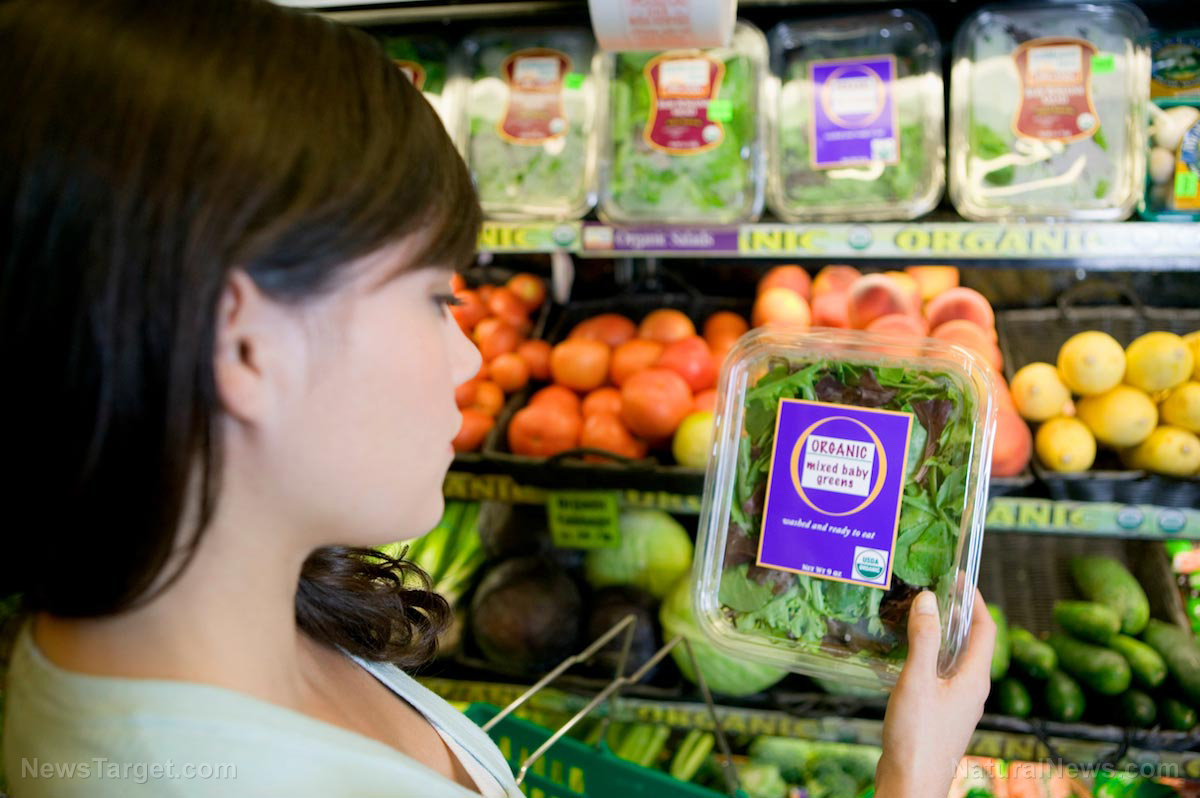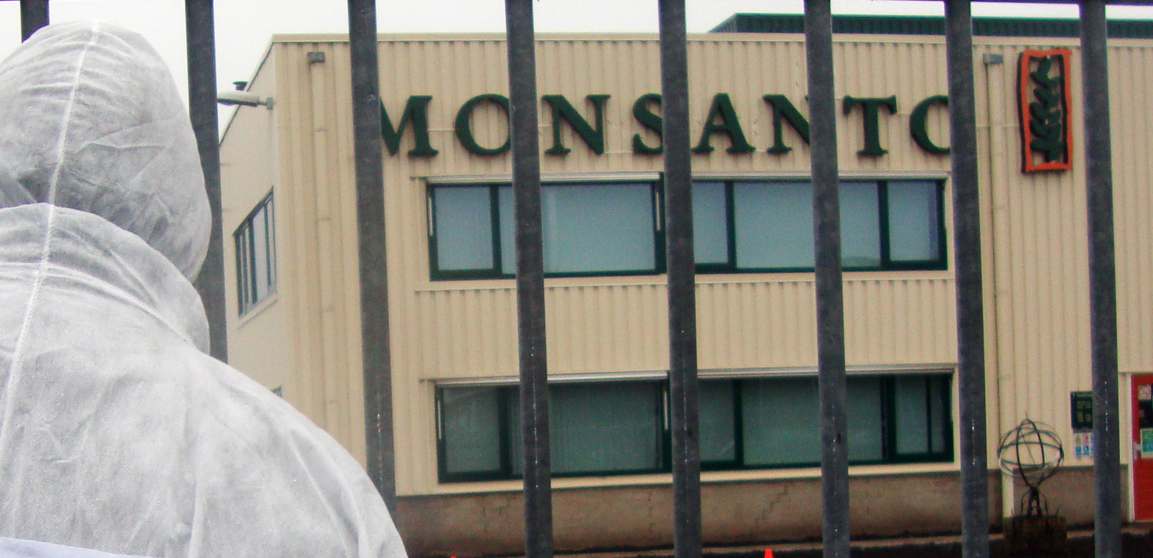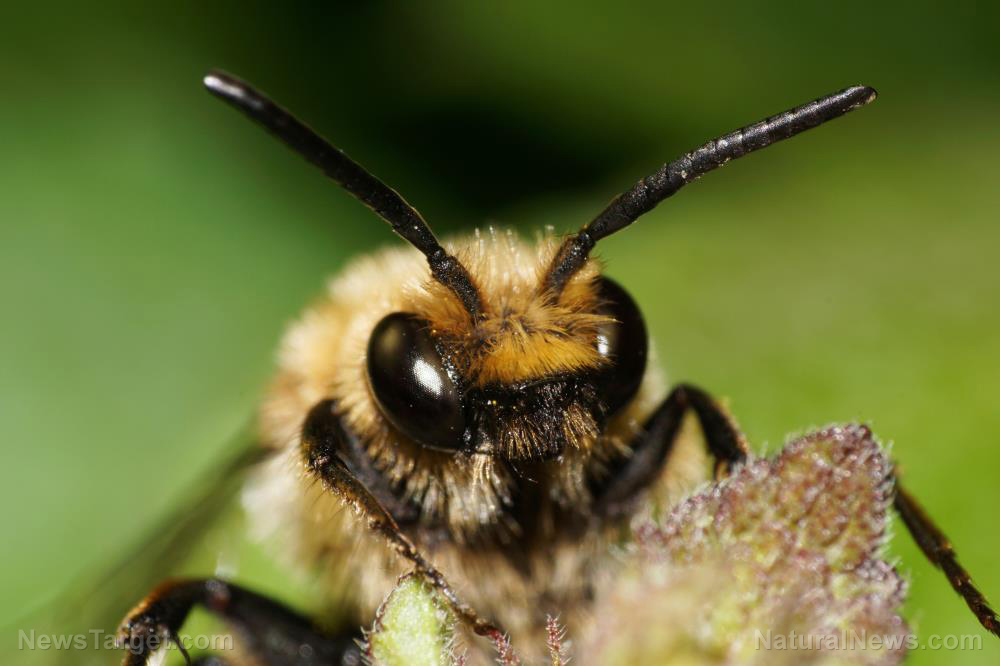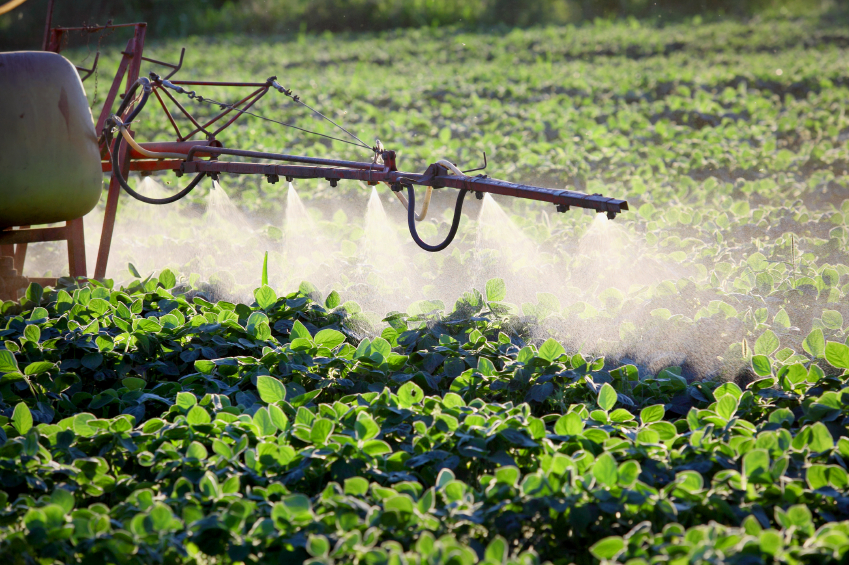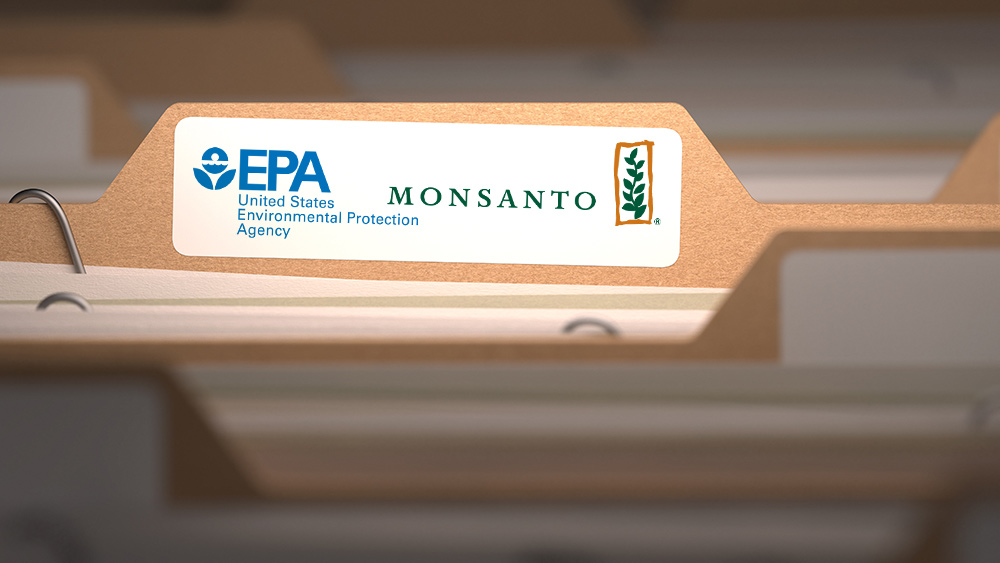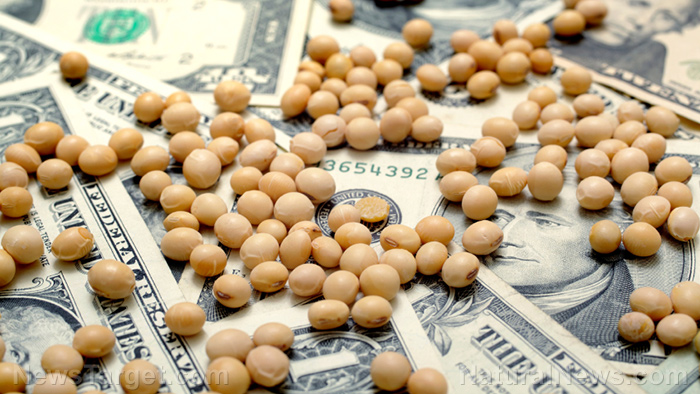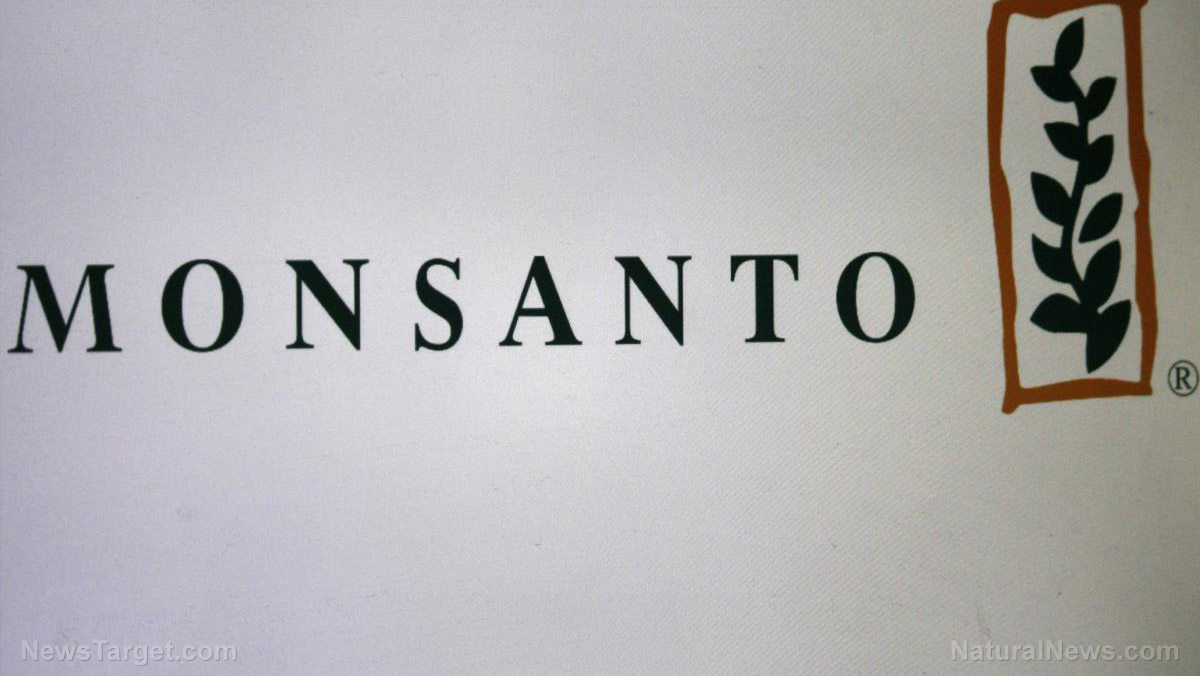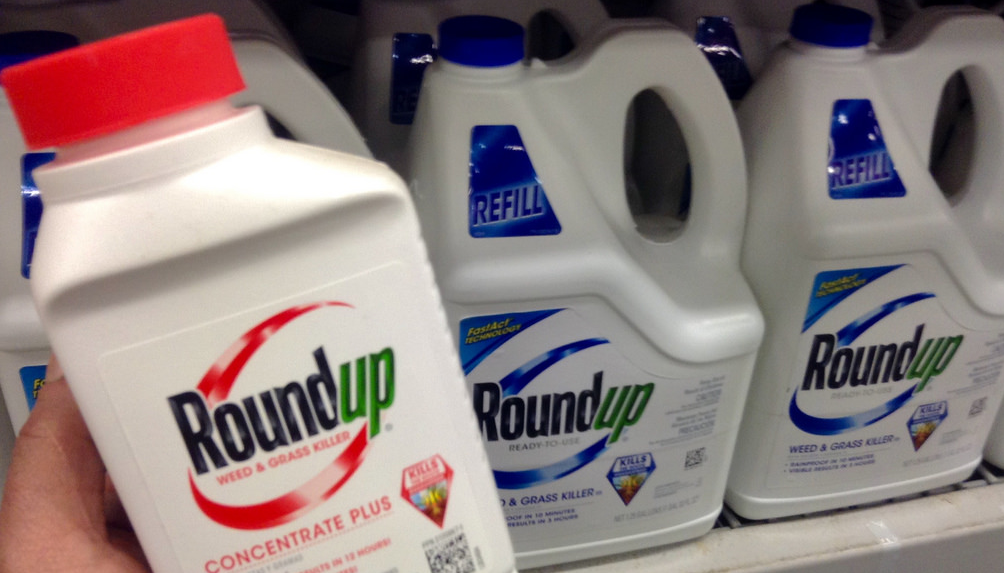STOP supporting Bayer, urges campaigner: Shareholders must prioritize public health and the environment
09/23/2020 / By Cassie B.
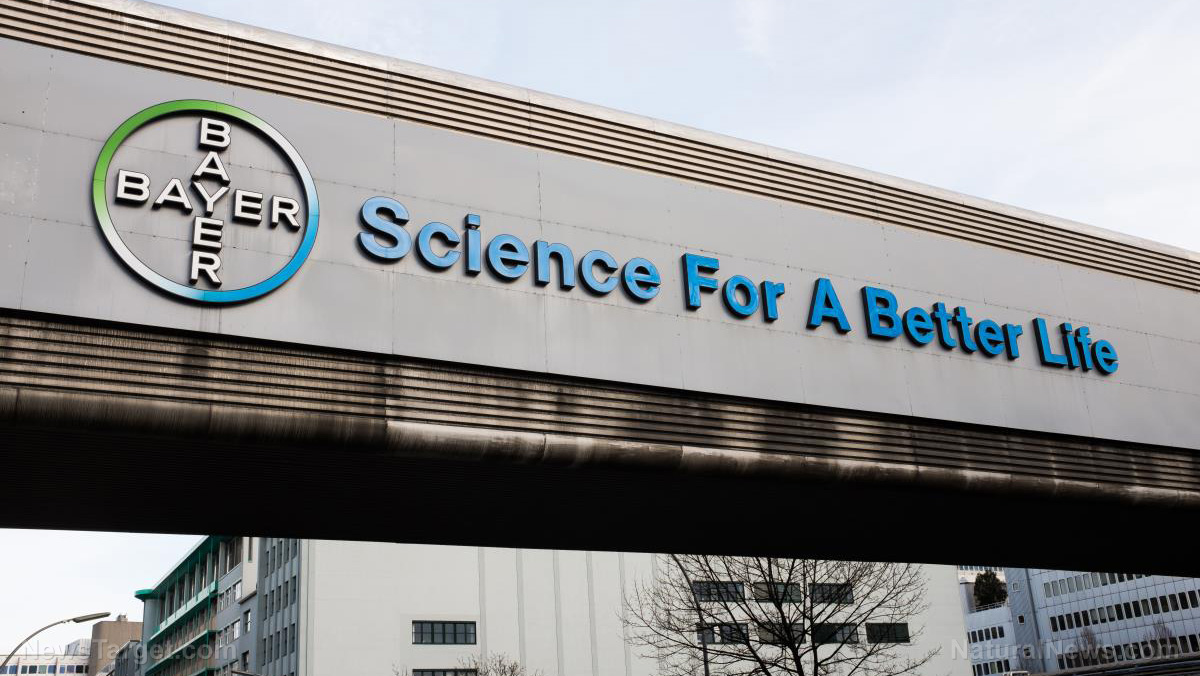
Environmentalist Dr. Rosemary Mason recently wrote an open letter to shareholders of Bayer Crop Science and the company’s chairman, Werner Wenning, outlining some very serious concerns about the company’s dangerous practices.
In her appeal to shareholders, she asks them to stop funding Bayer and to put human health and nature first. She explains how their actions have led to the global extinction of many animal species. For example, she said that their glyphosate herbicide Roundup and clothianidin played a big role in destroying the Great Barrier Reef. Meanwhile, glyphosate and neonicotinoid insecticides are killing wildlife species around the world.
One of her key points is the fact that Monsanto, who was purchased by Bayer, and pesticide regulators have said that Roundup only affects plants, bacteria and fungi because they have a pathway that humans lack known as the shikimate pathway. However, she says that this claim shows “considerable ignorance of human physiology” and is “deliberately fraudulent.”
In fact, she points out that humans and animals do have a gut microbiome, and glyphosate disrupts the shikimate pathway in the gut bacteria that humans cannot survive without. In addition, the chemical is a strong chelator of essential minerals and kills off good gut bacteria while allowing toxic bacteria like clostridium difficile to flourish. Dr. Mason says that two major problems that the residues of glyphosate that are found in our diet can cause are systemic toxicity and nutritional deficiencies.
Moreover, she said that metabolism markers are correlated with the diversity of the human gut microbiome. This ties into the global obesity epidemic as these chemicals destroy gut bacteria. In addition, glyphosate and Roundup have been linked to birth defects, even at low doses.
She has also linked glyphosate to the algae blooms seen in Lake Erie that have been killing sea life and poisoning drinking water in recent years. Moreover, the immune suppression caused by glyphosate and neonicotinoid insecticides is making wildlife species around the world more vulnerable to emerging pathogens that are making them extinct.
Dr. Mason closes her letter by asking the shareholders if they really want to give money to companies that have lied about their products’ safety for more than four decades and continue to produce chemicals that kill all forms of life.
She also brings up Bayer’s past as IG Farben, one of the most well-known corporate participants in the Holocaust. The private chemical company had an alliance with the Nazis during World War II, building a concentration camp and factory at Auschwitz. According to Mason, the company’s history illustrates how it ties genocide in with business and economics.
Bayer is also influencing the British government
In a previous report, Mason outlined the cozy relationship between Bayer and the British government. She said that the loose regulations in the country regarding pesticide use are tied to new cases of cancer in the UK. She expressed her concern that public health experts are placing too much of the blame for modern health problems on lifestyle choices while ignoring the big contribution of pesticide overuse.
She also discussed a study that showed bacteria can develop antibiotic resistance 100,000 times faster when they’re exposed to herbicides like glyphosate and dicamba. Antibiotic resistance has been singled out by the World Health Organization as “one of the biggest threats to global health, food security, and development today.”
Dr. Mason is absolutely correct in drawing attention to these facts about pesticides and calling out Bayer and its shareholders for putting profits over people. Unfortunately, Bayer and other Big Ag companies are so closely tied to government agencies around the world that it looks like this problem isn’t going to go away any time soon.
Sources for this article include:
Submit a correction >>
Tagged Under:
Bayer, environment, food supply, glyphosate, herbicides, human health, Monsanto, neonicotinoids, Roundup, toxic chemicals
This article may contain statements that reflect the opinion of the author
RECENT NEWS & ARTICLES
COPYRIGHT © 2017 MONSANTO NEWS




